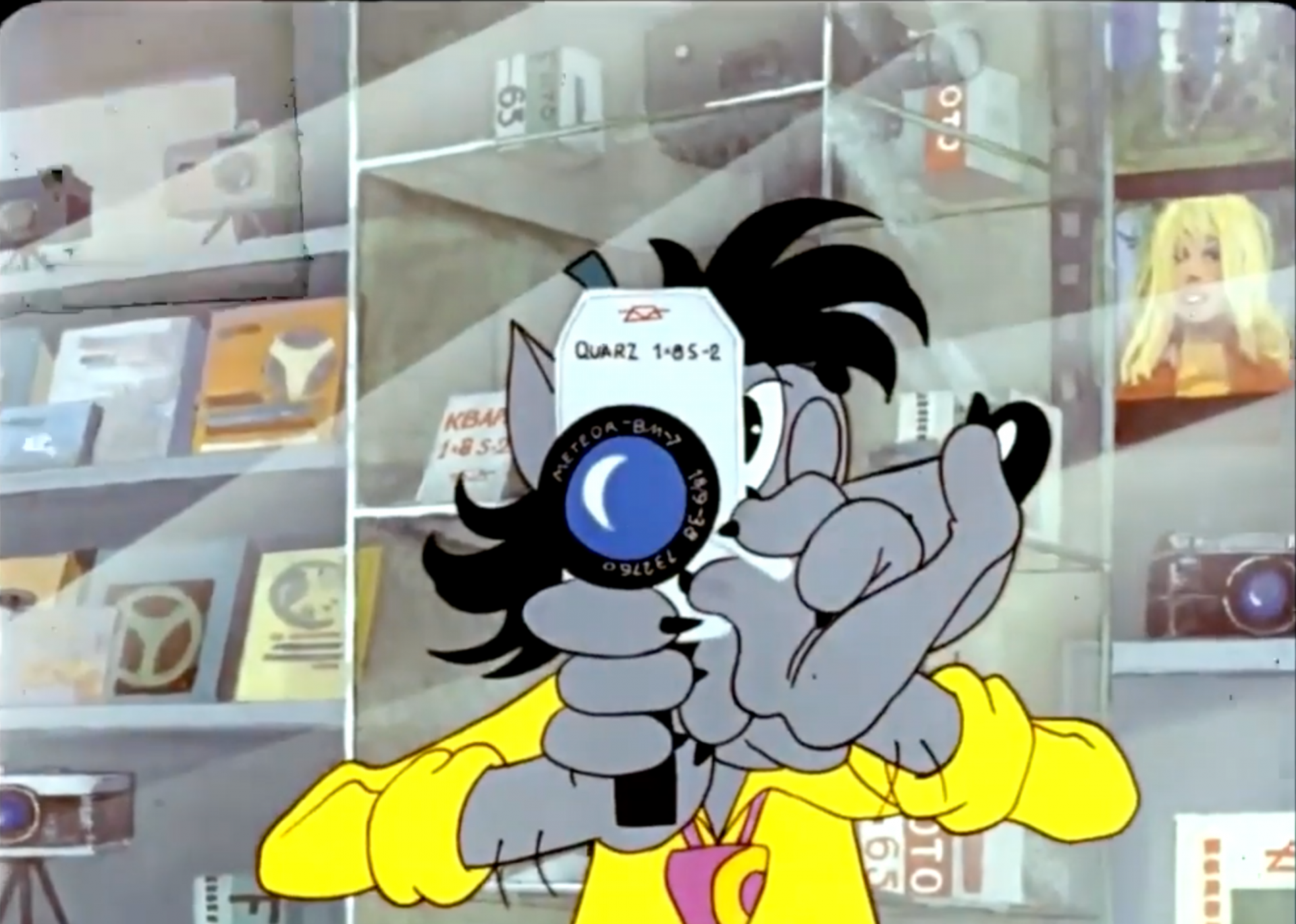Amateur Filmmaking in the Soviet Union: A Culture and An Industry
Maria Vinogradova
New York University, USA4.11.2021, 18:30
online / zoom / youtube
Welcome to the lecture by Maria Vinogradova "Amateur Filmmaking in the Soviet Union: A Culture and An Industry," which continues the public program for the exhibition "Society with a Movie Camera."
Looking back upon his career, pioneering documentary filmmaker Dziga Vertov wrote: "I spent my entire life building a locomotive, but never managed to accomplish a broad network of rails for it" [1]. What he meant by this was absence of an infrastructure that would allow him to expand and sustain his project of building a network of cameramen to cover all parts of the country, which he began in the 1920s as he was developing his Kino-Eye movement.
Yet, a similar project began in the USSR in the late 1950s, initiated by a group of enthusiastic film professionals, and corresponding with the period of Khrushchev's Thaw, its cultural liberation, and renewed commitment to building socialism. Referring to successes of existing amateurs whose films were well-received by the audience, film professionals argued for creating an infrastructure for broad development of the movement. Like Vertov had done earlier, advocates of the amateur film movement in the late 1950s and 1960s talked about the necessity to put it "on Soviet, state, public rails." To that end, the new Union of Filmmakers, founded in 1957, created a Section for Amateur Film within it.
My talk will outline the culture of amateur filmmaking that developed in the USSR due to these measures, highlighting both the films and the material infrastructure that made amateur filmmaking a mass phenomenon.
The event will be delivered on an online platform zoom.
Working languages: Ukrainian, English. Simultaneous translation will be provided.

Maria Vinogradova
A film and media historian specializing in the study of Soviet film culture, in particular, nonfiction and amateur films: their creation, distribution, circulation, and afterlives in the post-celluloid era. She is currently working on her book manuscript “On the Public Rails: A History of Soviet Amateur Filmmaking (1957-1991).” Her research has been twice supported by American Council of Learned Societies fellowships. She has taught courses in film history, theory and research methods at Pratt Institute and Brooklyn College. She produced The Village Detective: A Song Cycle (2021, 81 min.), an experimental documentary on the Soviet actor Mikhail Zharov directed by Bill Morrison.
The event is realized within the exhibition "Society With a Movie Camera."
The "Society with a Movie Camera'' exhibition invites you to discover the amateur filmmaking world and aims to share the history of amateur films and to show unique, previously unseen materials. The exhibition is based on a collection of amateur films from private collections, which has been collected over the past ten years by the Urban Media Archive of the Center for Urban History.
[1] As quoted in Sergei Drobashenko, "Teoreticheskie vzgliady Vertova," in Dziga Vertov, Stat'i, dnevniki, zamysly, ed. Sergei Drobashenko (Moscow: Iskusstvo, 1966), 41. Trasnslation by the author.
Credits
Cover Image: free access
